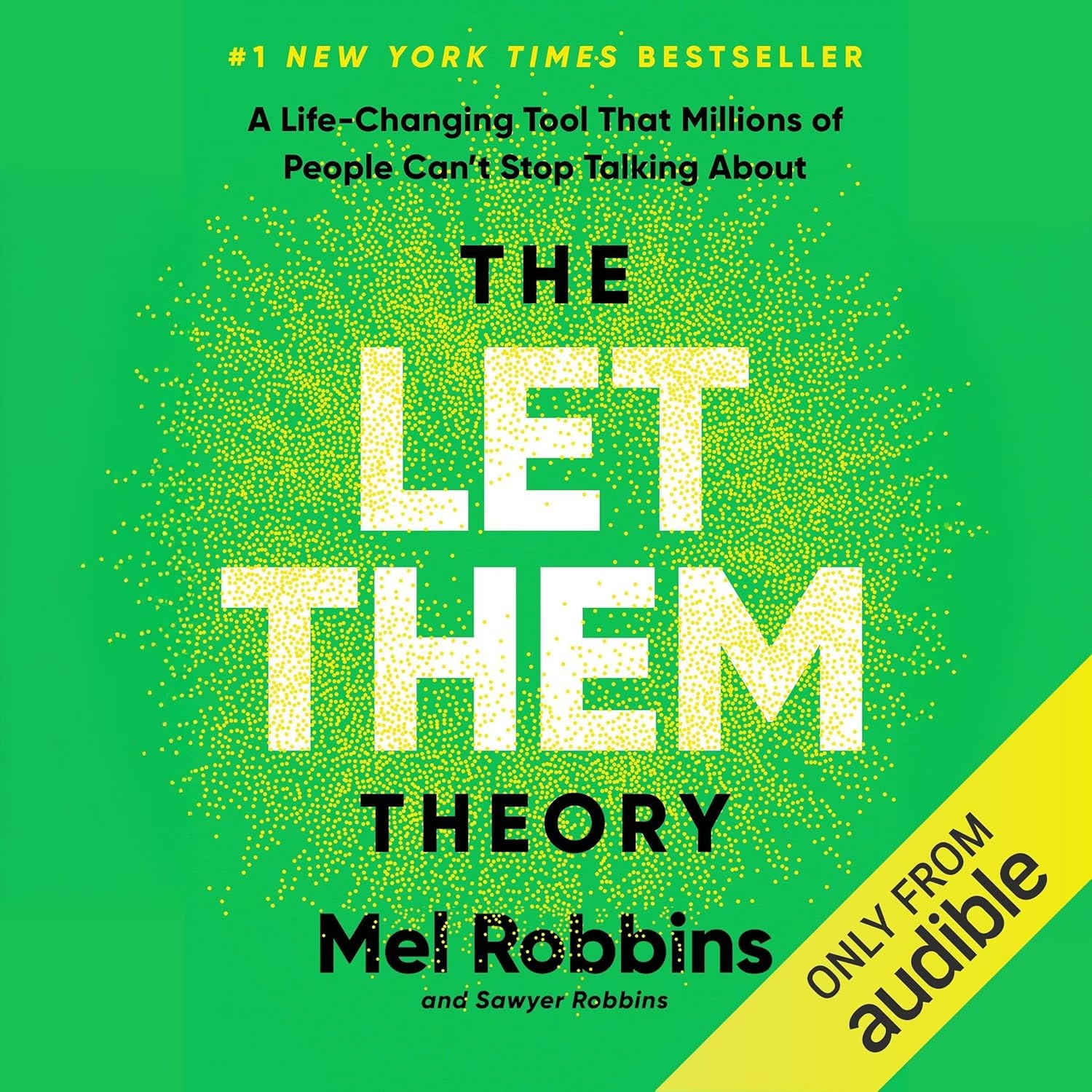![]() Have you ever done anything you regretted? Have you ever wished that you could go back in time and correct it? That is what the fascinating part memoir/part introspective journey, Unfinished Business, is about.
Have you ever done anything you regretted? Have you ever wished that you could go back in time and correct it? That is what the fascinating part memoir/part introspective journey, Unfinished Business, is about.
Author Lee Kravitz was the uber busy editor-in-chief of Parade magazine. He worked too hard, too long and too intensely at his prestigious job. His high-pressure career left little time for his family or any personal pursuits. At some point, things began to fall apart at work, and several weeks after an initial confrontation with his co-workers and boss, he found himself unemployed. He was shocked and disappointed, as his entire self-image was based on his career. He took stock of his life and realized that the way he had been living his life had left him disconnected from the people who mattered the most to him: his wife, his children and the wide circle of international friends whose ranks had thinned over the years. Feeling at loose ends from the job loss, Kravitz discovered that he had a lot of regrets about his past and decided to take a year to go back and make right — or at least make amends for – his past mistakes.
Kravitz’s mission began with a visit his Aunt Fern in an assisted living facility. Although she was a dearly beloved part of his family who had always encouraged him and been there for him, he had lost touch and not visited or corresponded with her for fourteen years. This first journey sets the stage for his other journeys of discovery (read “corrections”) as the reader learns about Kravitz’s past, his relationships, his family and his list of regrets. His reunion with Fern is so successful that he realizes he is on the right path and makes a list of people and situations he feels he has to face and correct. He realizes that his regrets have had some part in weighing him down and gotten in his way of living fully. Kravitz reviews his past and becomes determined to use the future to face his past mistakes and and set them right.
This resolution of facing past regrets becomes a brave venture that leads him from his comfortable home in New York to a global journey to places ranging from New York, Kenya, Cleveland, California and Southern Iran. Over the year, he repays a thirty-year-old debt, visits a long abandoned relative, pays a long-overdue condolence call, fulfills a long-forgotten promise to a child in a refugee camp in Kenya and spends time in a monastery in California visiting an old teacher/mentor. Each person visited and each regret faced brings him clarity and the satisfaction of shedding old psychological baggage.
Kravitz learns something about himself from each of his encounters. Although the friend who loaned him money had long forgotten the debt Kravitz came to repay, Kravitz felt relief and a sense of closure. When that friend later gave that money to his son, Kravitz felt good, knowing his own good deed had inspired someone else’s. While he never did build the grand library he had promised a child in the Kenyan refugee camp years before, he did buy books and ship them overseas. So even when his big plans fell short, just the fact that he followed up on a promise had a positive effect.
With each correction, Kravitz learned that if we keep our promises, bury grudges and make a point of being thoughtful and kind, our circle widens to embrace more people and we feel more connected to ourselves, our family and our communities.
Unfinished Business ends with Kravitz’s final resolution in which he commits to try to rise to the challenge of maintaining the rich relationships in his life, feel gratitude for what he has and to always fulfill the promises he makes.
Kravitz is like so many of us, who have accumulated a list of, “Gee, I wish I would haves” over time. His book is rich in detail and forgiveness, and offers good lessons for us all. I recommend it as a positive healing experience everyone can relate to.
Donna Brown Agins is the author of two biographies: “Jacqueline Kennedy, Legendary First Lady” and “Maya Angelou: Diversity Makes for a Rich Tapestry,” which was nominated for an NAACP Award for Outstanding Literary Work for Youth and Teens. She has been the recipient of the Judy Blume Work in Progress Grant and the Sidney Taylor Grant for Outstanding Literature.




Donna Agins does a wonderful job of distilling the essence of what sounds like a great read. Making things right is always a healing experience. Donna’s review communicates the book’s good message for today’s chaotic culture, reminding readers that true identity comes from who we are not what we do, and relationships are what last and bring true happiness.
Book sounds very interesting regarding subject about which almost everyone can relate. Reviewer, Donna Agins, does a terriffic job in peaking my interest to read this book.
I would have never thought of picking up a book like this until I read Ms. Agins’ review. Thanks for “editing” my reading list, and reviewing books I should know about (but otherwise wouldn’t)!
I read this review and now I want to read the book. I can’t wait to go and get it.
I love it that someone actually went out and apologized for past indiscretions and tried to set things right. It takes a strong person to say they are sorry, especially if it’s a man. . .
I’m going to look for this one ! This man’s story sounds like a great holiday gift as well.
I would like to pick up this book at my favorite bookstore this week. It sounds really interesting. in the trials of this guys life it sounds like it ends in the positive and that is my favorite kind of book. Thanks for the inspiration, I need to start on a new book too. Perfect timing. Thanks
The idea of taking stock of your life and making it right is something everyone can relate to. What’s admirable is that Kravitz actually did it. I can’t wait to read about his journey of setting things right and healing broken relationships. Donna’s review makes me eager to learn more about the author. I’m going to recommend this book to my book club.